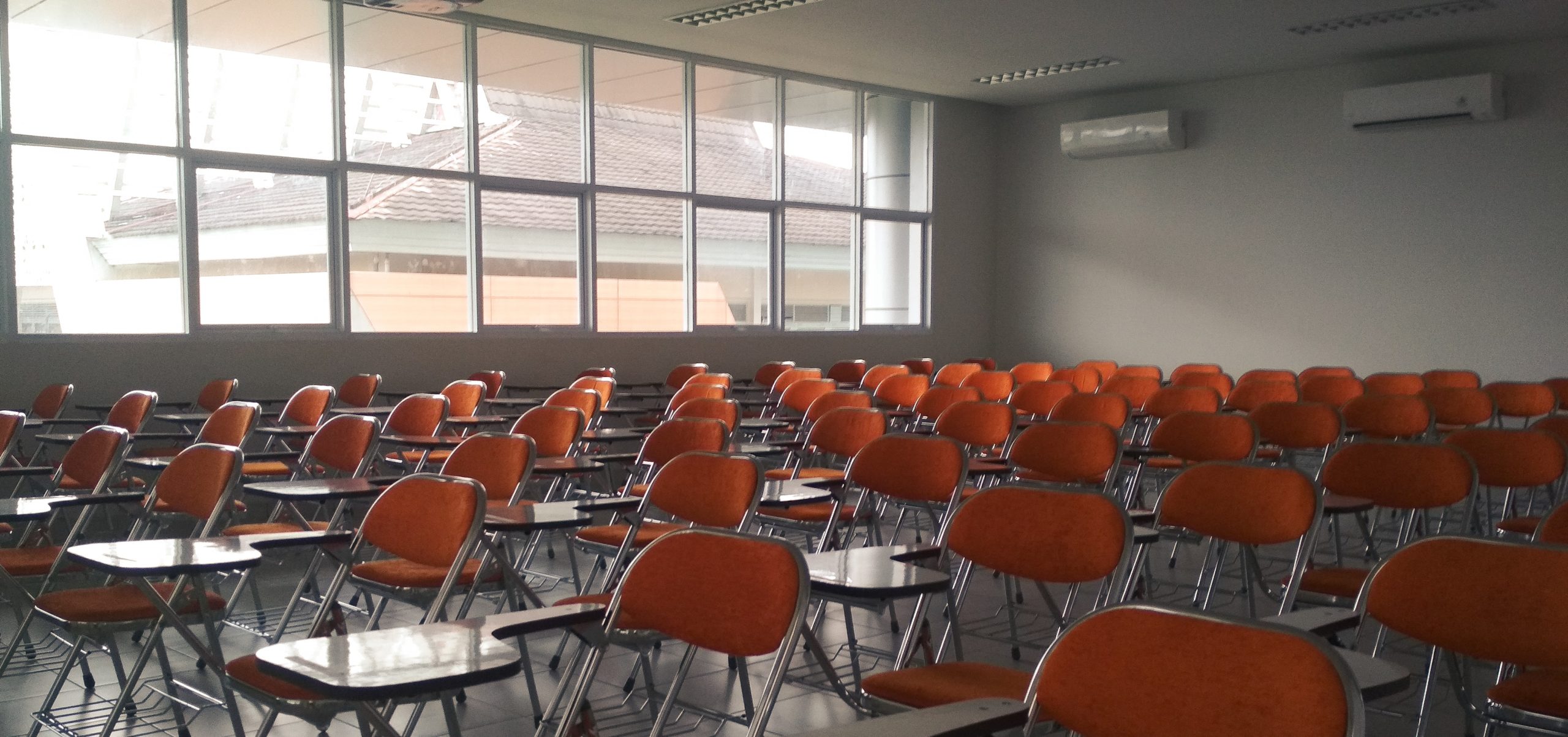
RECOMMENDED READING
“I will not live in the pod.” This commonplace rallying cry among younger Right-aligned people on social media is approaching the status of a credal opening statement. For the uninitiated, it simply marks a public refusal to accept the lifestyle of the young urban singleton residing in the microapartment, feeding the pet, streaming the Netflix, ordering the Postmates, smoking the weed delivered to their door.
It is most intriguing then to see that not just the rising generation of Right-aligned parents are rushing to establish tutoring “pods” as Zoom education sets in under sway of the pandemic—and the looming likelihood that many public and private schools will begin the new term converted into “remote” woke madrasas:
parents around the country have started organizing “pandemic pods,” or home schooling pods, for the fall, in which groups of three to 10 students learn together in homes under the tutelage of the children’s parents or a hired teacher.
These pods could provide families with a schooling option that feels safe — yet also allows kids to have fun and build social skills. And, depending on how the pods are set up, they may offer parents a break. But given that pods can be pricey, complicated to organize and self-selecting, they are likely to be most popular among families of privilege, experts say, and may worsen educational inequality.
Here obviously are two very different types of pods: one an engine of atomization that strips human agency and competency away, the other an engine of little platoons that enlarge the heart and loose the springs of generative competence through reciprocal and mutual action at human scale.
While the pandemic is, one hopes, a short term problem, the deepening failure of the educational “system” from preschool to graduate school is almost certainly a challenge that stretches beyond any one generation’s time horizon. Policymakers should think now about how to protect and strengthen tutoring co-ops, and prepare for howls of criticism from threatened quarters.
Recommended Reading
Failing on Purpose Survey
The American Compass Failing on Purpose Survey explores the perspectives and experiences of those in closest contact with the American education system—namely parents, current students, and recent graduates.
Failure to Launch
In the popular imagination, young Americans leave home to attend college, where they earn degrees that launch them into careers. The actual experience is radically different.
What Are Public Schools For?
According to a new American Compass survey, parents have a different answer than activists and policymakers do, writes Oren Cass.












